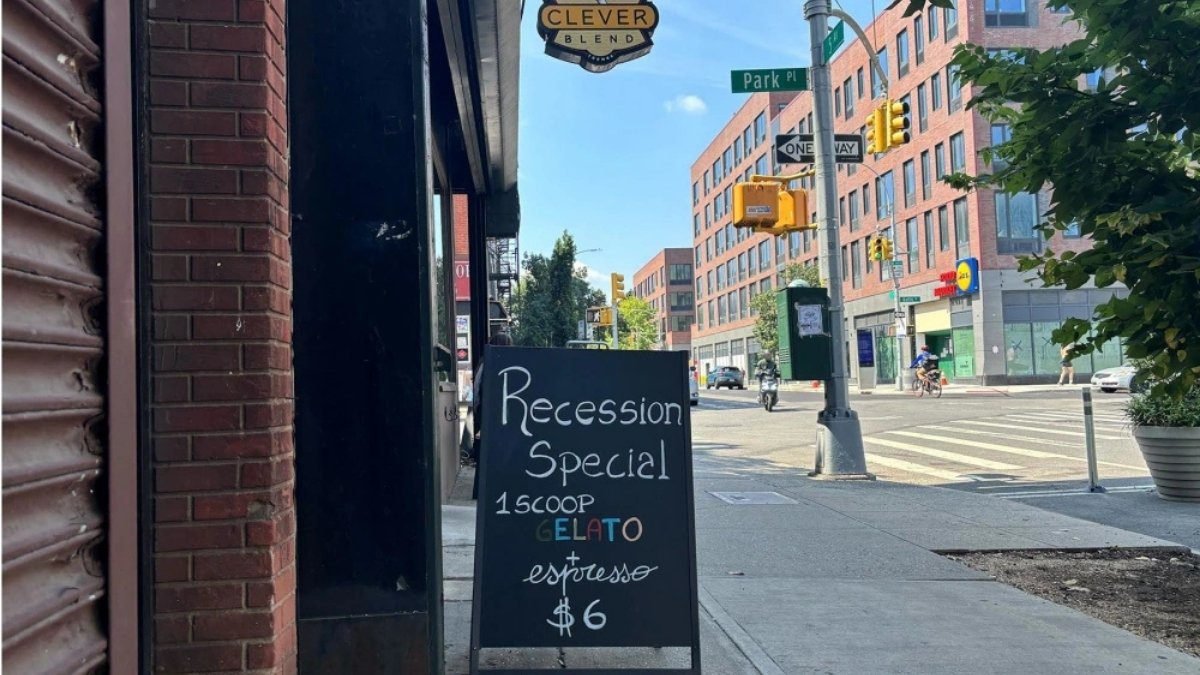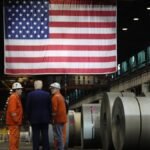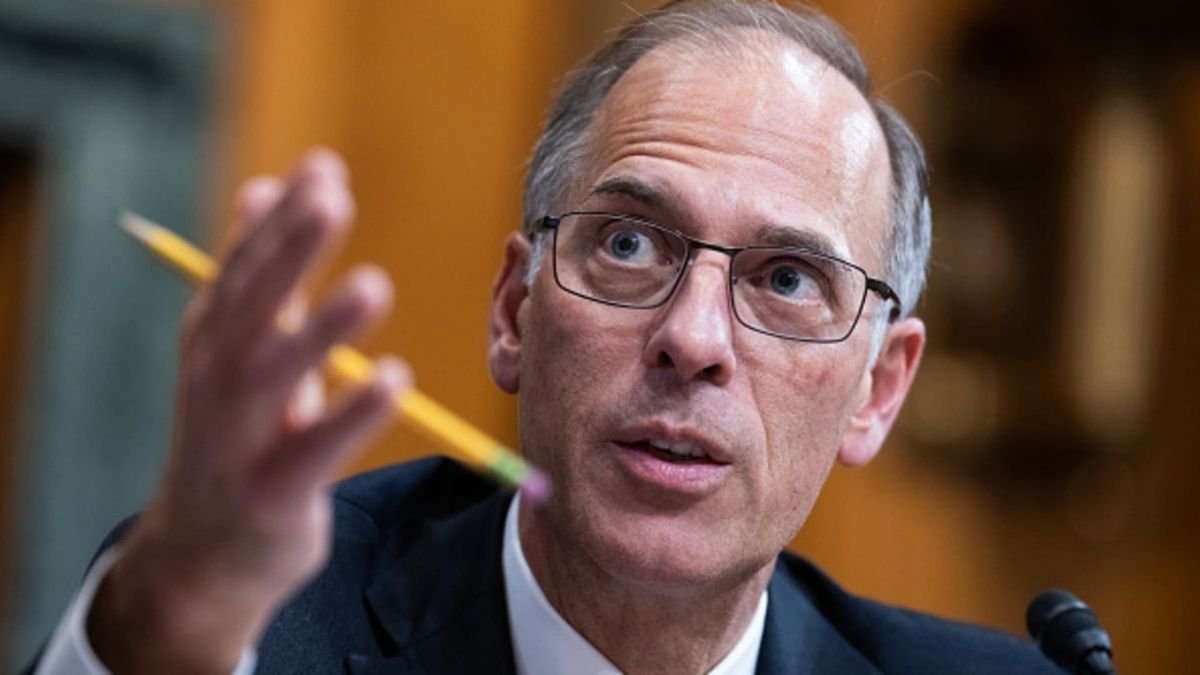In recent months, signs of slowing economic confidence have started to surface in unexpected places. One clear example is the return of so-called “recession specials,” a phrase not widely heard since the last major downturn nearly two decades ago.
Take the 2008 Grub Street piece titled “Recession Specials: Your Definitive Guide.” Or the 2009 New York Times article, which described how restaurants across New York used mealtime recession specials as a way to survive.
The humor of the phrase is not lost on younger Americans. On social media platforms, users have been pointing out “recession indicators” in a tongue-in-cheek way ever since tariffs were announced by President Donald Trump earlier this year. That phrase has now made its way from jokes online to storefront signs across the country.
Bars and music venues have also leaned into the trend. Wicked Willy’s, a Manhattan bar, hosted a “Recession Pop Party” with an Instagram post that read, “The recession is BACK! Get ready to dance and party all night long.” The Market Hotel in Brooklyn followed with a themed event that mixed pop music nostalgia with economic humor, inviting attendees to “dress like rent’s due and you’re dancing through it.”
Beyond New York, the cpattern is spreading. In San Francisco, burger chain Super Duper tapped into history by launching what it called the “Recession Burger.” The item was inspired by the Depression-era Oklahoma-style smash burger, which stretched beef with sliced onions. From there, the chain built out a discounted “Recession Combo” of burger, fries, and a drink for ten dollars.
Ed Onas, the company’s vice president of operations, told CNBC that the naming was not originally meant to play on current anxiety. Instead, it was born from the burger’s origins. However, once the theme was established, the company leaned into the value angle and promoted the bundle at a lower price.
“That’s kind of where the name of the burger plays in,” Onas explained. “And we figured, we’re calling it the ‘Recession Combo,’ why don’t we just offer a deal that makes it a really good value for our guests?”
The results surprised the business. A post about the offer went viral in a San Francisco subreddit, drawing more than 1,400 upvotes and 170 comments. That surge of attention not only brought new customers into Super Duper but also gave the chain confidence to add the “Recession Combo” as a permanent menu item.
“Obviously, we were happy about it,” Onas said. “We didn’t realize that it was going to get as much attention as it did. We were happy, and our guests were happy, and at the end of the day, that’s what it’s all about.”
The success of such promotions speaks to larger economic currents. Recent data from the University of Michigan’s consumer sentiment index show a sharp decline. The August reading came in at 58.6, falling from 61.7 in July and marking a 13.7 percent drop from last year.
Joanne Hsu, who directs the University of Michigan’s surveys of consumers, explained that the dip stems largely from worries about trade policy and tariffs. “What’s very clear from the consumer sentiment data is that consumers are broadly bracing for a slowdown in the economy and a deterioration,” she said.
Hsu pointed out that households expect not only higher inflation but also worsening business conditions and weaker labor markets. Rising fears of unemployment are shaping how families view spending. As a result, businesses may be picking up on that anxiety and using recession-linked deals as both humor and relief.
“Young people are feeling just as bad about the economy as older folks,” Hsu added. “And in some months they feel even worse. Across the age distribution, people agree that the trajectory of the economy has soured.”
That atmosphere has created fertile ground for marketing tactics that resonate with current concerns. For Clever Blend in Brooklyn, a small sign advertising a six dollar treat works as both a playful wink and a genuine offer. For Super Duper, a combo deal has helped bring in customers during a time when food prices have weighed heavily on budgets.
The social aspect is important too. Themed events like the “Recession Pop Party” allow people to gather, laugh at shared worries, and enjoy a sense of connection while costs rise elsewhere. These businesses are finding ways to meet consumers where they are, even if the context is framed around stress.
The use of the word “recession” as a sales hook may strike some as odd. But history shows it is not new. During the Great Recession of 2008 and 2009, New York restaurants advertised “recession specials” as a way of signaling affordability when many people were cutting back. Articles at the time listed entire guides to survival deals.
The revival of that language today signals how quickly public concern can shape markets. Even if a full downturn has not yet arrived, people are reacting as if one might. Businesses, for their part, are signaling that they understand those fears.
For consumers, the trend means more opportunities for discounted food, drink, and entertainment. For business owners, it means finding creative ways to attract cautious customers. And for economists, it may serve as one more indicator that sentiment is not keeping pace with official growth numbers.
[inline_related_posts title=”RECOMMENDED” title_align=”left” style=”list” number=”2″ align=”none” ids=”” by=”primary_cat” orderby=”rand” order=”DESC” hide_thumb=”no” thumb_right=”no” views=”no” date=”yes” grid_columns=”2″ post_type=”” tax=””]
Whether or not the economy tips into a recession, these specials reveal how cultural habits respond first. The label may be humorous, but the message behind it is serious. People are worried, and businesses are responding with deals that meet both the pocketbook and the mood.
The coming months will show whether these promotions are a short-lived fad or a lasting fixture of the retail environment. For now, they serve as reminders that consumer confidence remains fragile, and even a burger or cup of coffee can reflect national concerns, according to reporting by CNBC.















